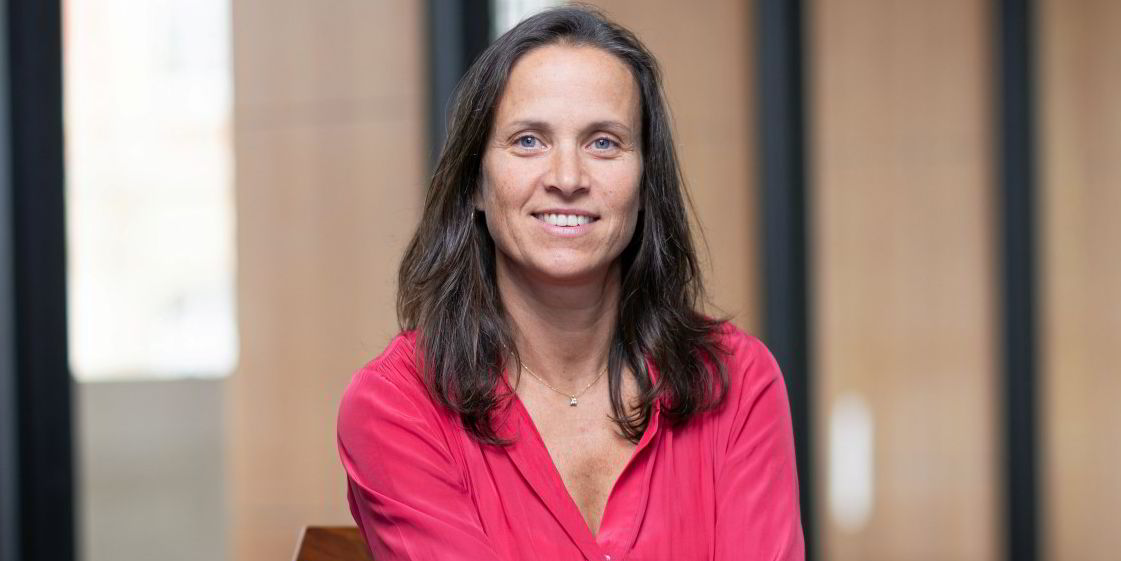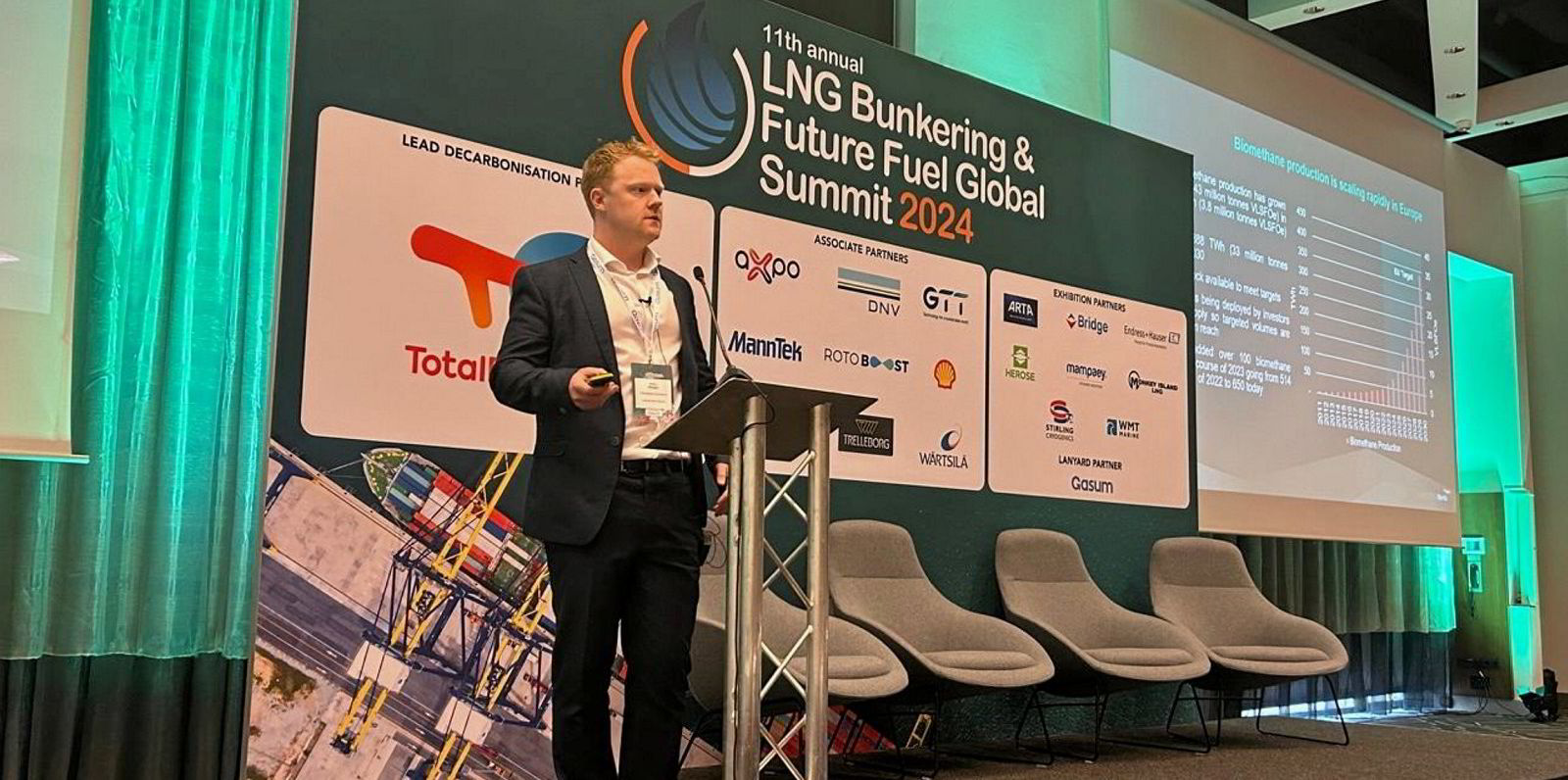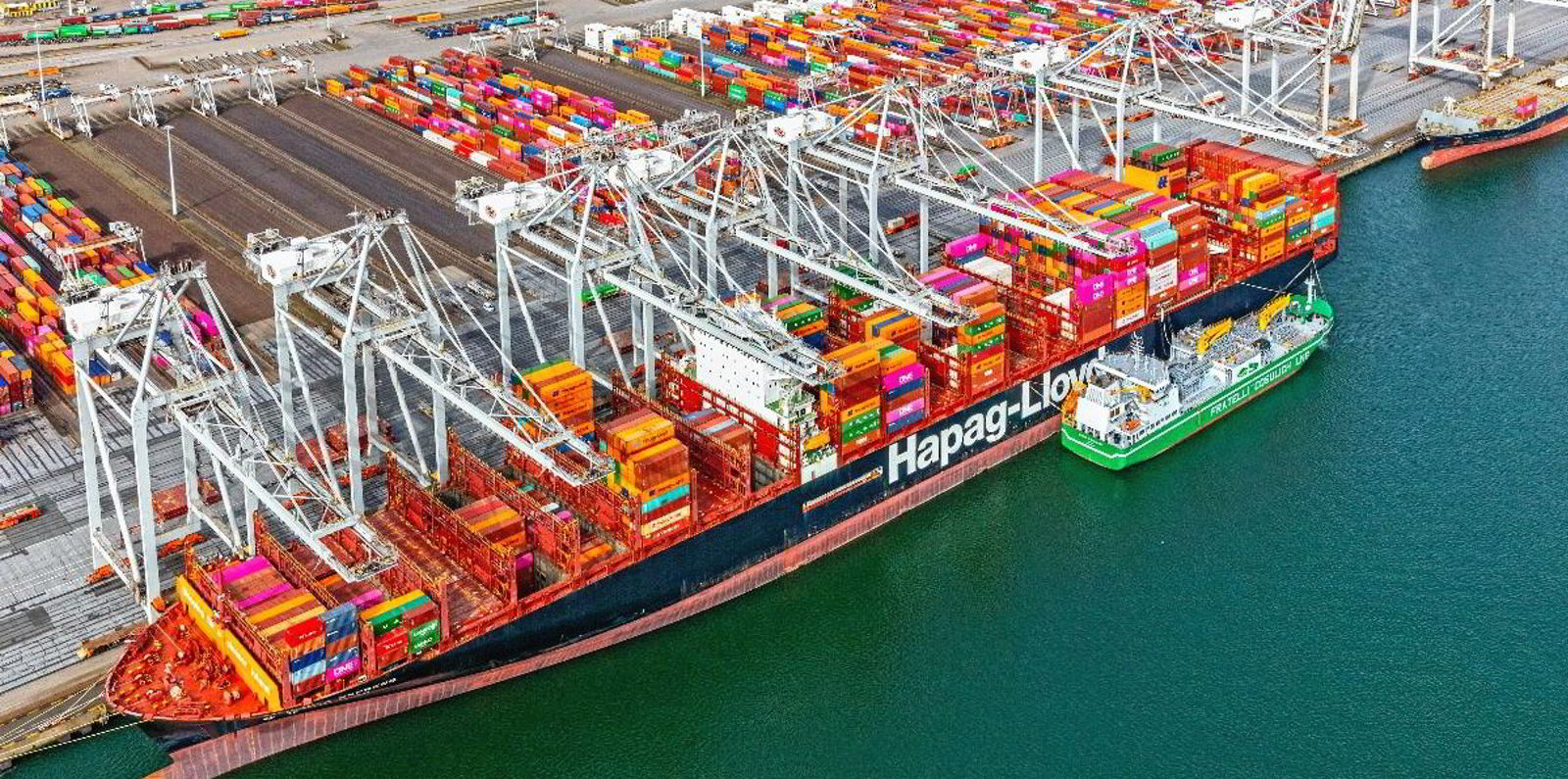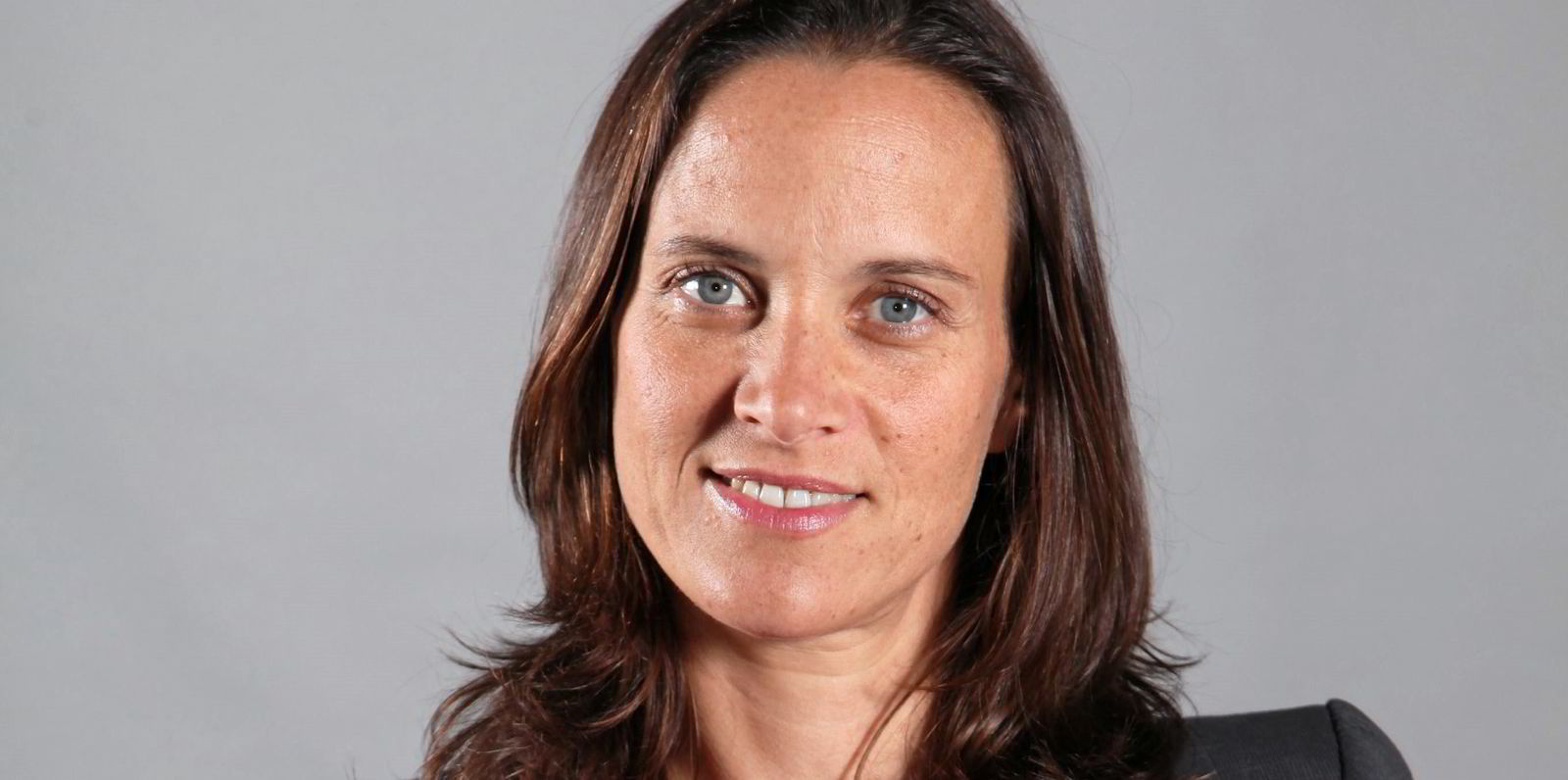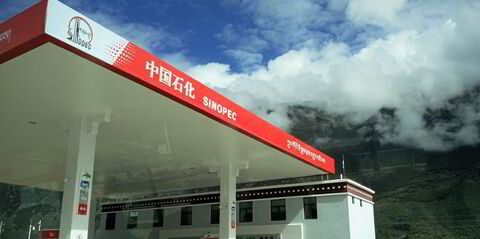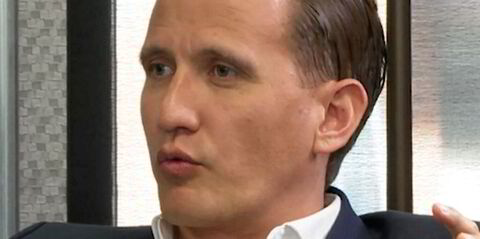TotalEnergies expects to deploy a new LNG bunker vessel on the US west coast by 2027 and a second for its freshly sanctioned Oman project a year later.
Speaking to TradeWinds in Amsterdam, Louise Tricoire — who has been promoted to head a new division overseeing the energy major’s marine and aviation fuelling businesses — said it is positioning a time-chartered unit on the US west coast with a reliable supply of competitively priced LNG close by.
She said the project will be in operation by 2027. A final investment decision will follow “as soon as possible”, to meet the timeline target.
Tricoire simply refers to TotalEnergies’ stateside business as its US west coast project.
But industry players said it plans to put its vessel in the Port of Long Beach, California, to serve the large container ships calling there.
Lower pricing
In addition, TotalEnergies Marine Fuels (TMF) will position a second large LNGBV at its planned Marsa LNG project in the Port of Sohar in Oman. Parent TotalEnergies recently took the final investment decision on this 1m tonnes per annum liquefaction plant for LNG bunkering.
Tricoire said the LNGBV there will be operational by 2028 to chime with the construction of the LNG facility.
She said TMF is working on vessels between 12,000 cbm and 18,000 cbm.
TradeWinds reported in March that TotalEnergies had tendered for an LNGBV and shortlisted five shipping companies for the business.
Tricoire sidestepped speaking directly about the business but indicated that a decision had yet to be made on a vessel provider, saying it is “ongoing”.
TMF has access to two 18,600-cbm LNGBVs in Europe and one 12,000-cbm ship in Singapore.
Tricoire said spot LNG bunker sales are now “a reality” and the market is maturing, citing lower pricing for LNG and the growing fleet of dual-fuel vessels.
On term buying, she said the company sees demand for contracts between one and five years. “It could go up to five [years],” she said. “Ten years is over.”
The company sees most of the bunkering demand being out of centres such as Rotterdam, the Mediterranean, Singapore, China and the US west coast, particularly for the large container ships.
Demand is also growing in the Middle East but for a greater variety of vessels.
TotalEnergies predicts LNG bunkering demand will increase to a nominal 12 mtpa by 2026 and more than 22 mtpa by the end of the decade.
Aside from LNG, Tricoire said TMF continues to scout the pathways for supplying methanol and ammonia as fuels.
There is demand from marine customers for methanol, she said, adding that a long-planned company trial of methanol bunkering remains in the works.
TotalEnergies produces grey methanol but has not yet made any decisions on marine supply. “We’ve not ruled it out and not ruled in,” Tricoire said.
Ammonia demand is not yet there and the company does not believe this will increase before the next decade.
For both fuels, it is about how to supply the green molecules. But the cost of production is high and solving this may take regulations or subsidies, she said.
TMF’s focus remains on LNG and biofuels. It estimates marine demand for biofuels at 2 mtpa by 2030.
Tricoire also highlights biomethane as a good avenue to reduce carbon emissions of LNG.
But she is adamant this must be done through a mass-balanced system — in which biogas is fed into the grid and accounted for in the supply — and said the company does not believe in constructing large bio-LNG plants, as these are costly and unnecessary.
“We advocate for things that make sense and really decarbonise,” she said.
Speaking about her new role, Tricoire admitted that she does not know much about aviation but added: “I didn’t know about marine two years ago.”
She started as senior vice president of the new business division in March and will lead aviation directly. A new name is being brought in to lead TMF in the summer.
Tricoire said TotalEnergies grouped marine and aviation as they have commonalities — the same market size and share of CO2 emissions, about 3% each. They are also both international transportation businesses, moving large volumes, with huge supply chains to optimise to get to net zero by 2050.
The company believes there are some synergies and knowledge to share, but she said there will also be competition between the two, largely on feedstock.
Tricoire relocated to Singapore two years ago to head TMF, her third expat posting for the company but her shortest yet. She returns to Paris for her new job but says she is not finished knowing and discovering Singapore and the region.
